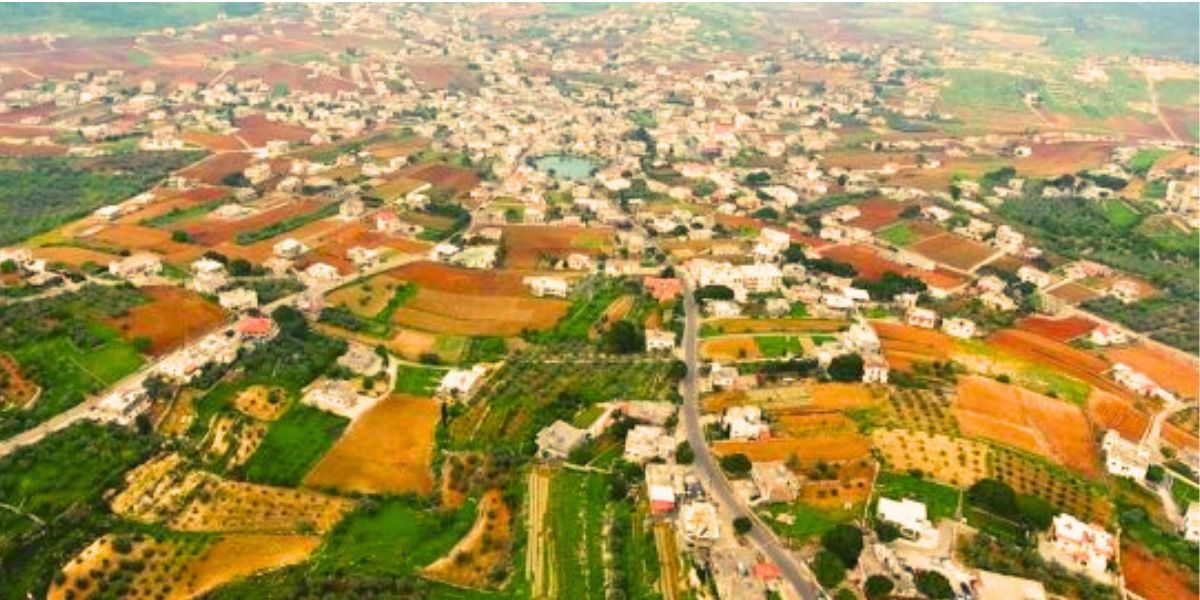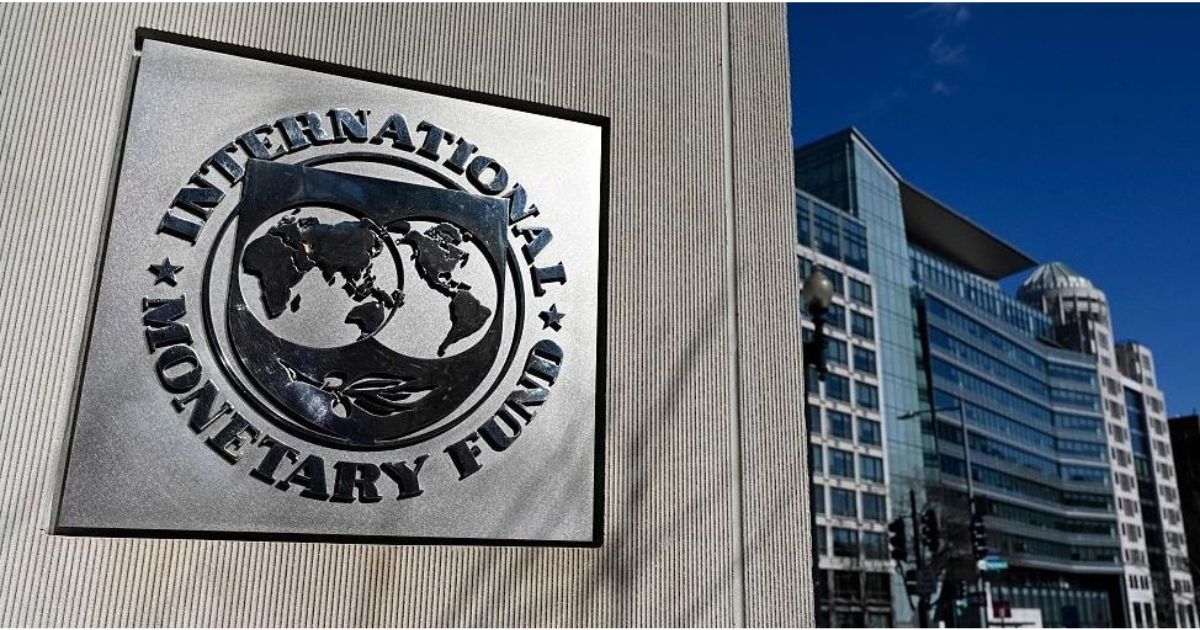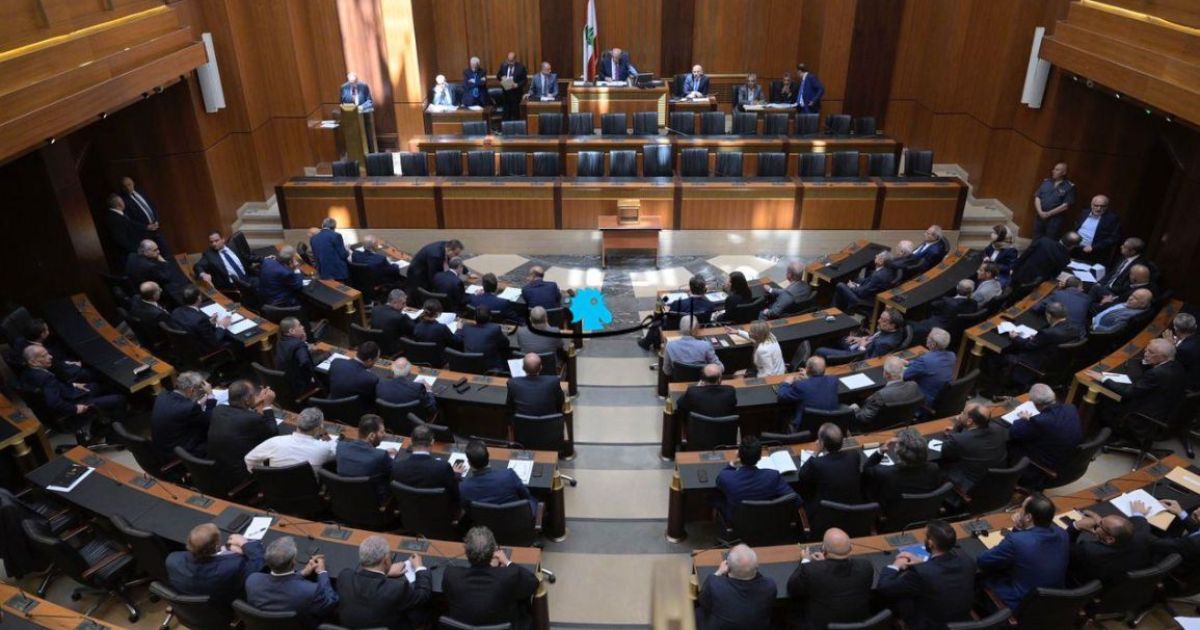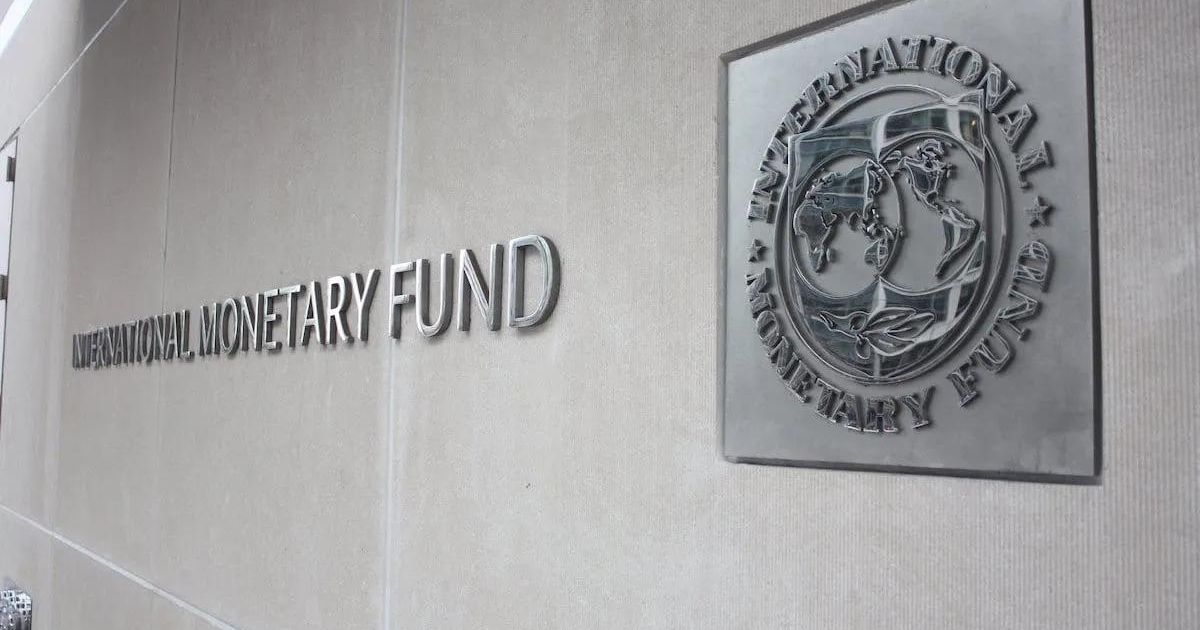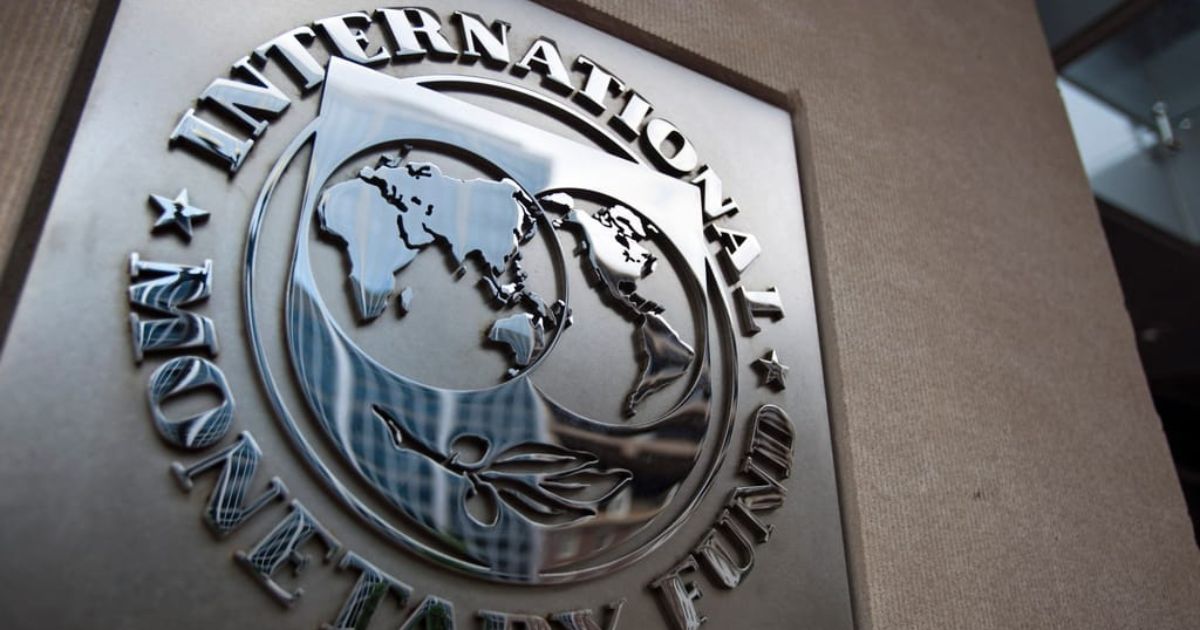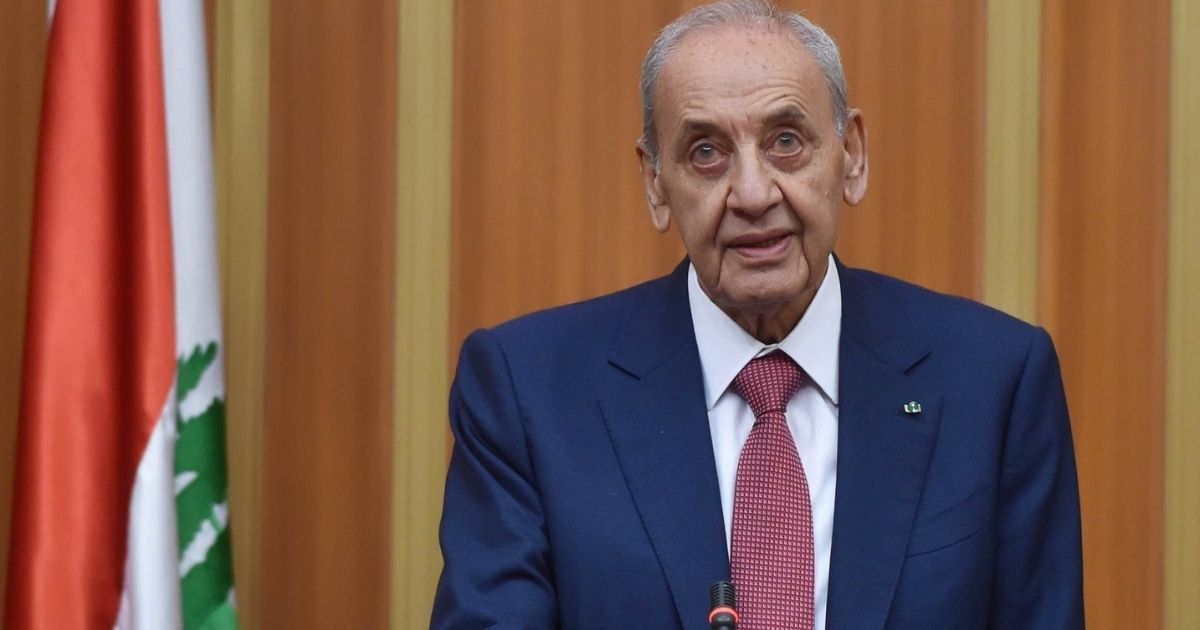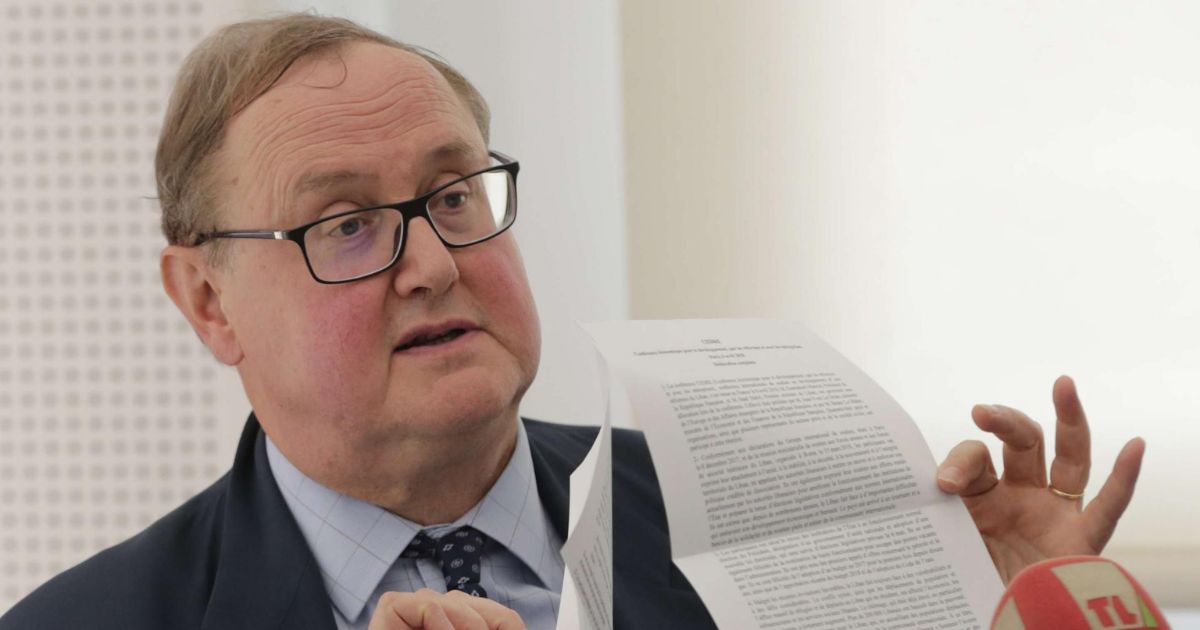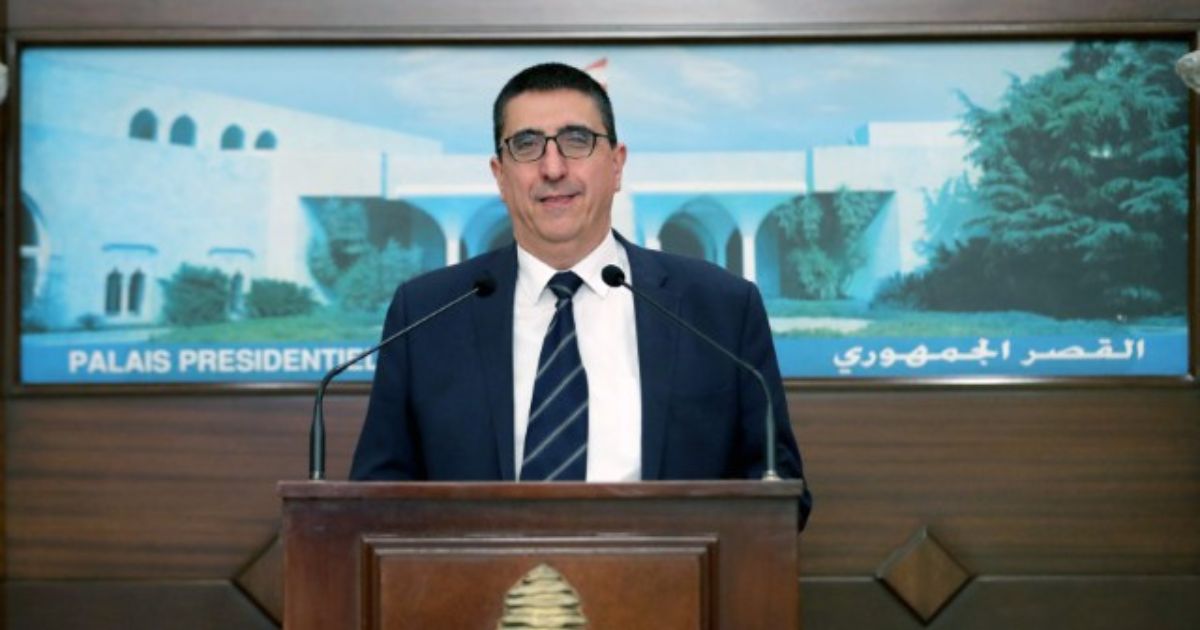As more and more people in Lebanon fall into poverty, the reliance on the central bank’s subsidies is increasing. However, the fact that these subsidies will be lifted soon means that the vulnerable in particular, and the people in general, are going to suffer even more in the near future.
With that being said, the International Monetary Fund (IMF) recently urged Lebanon to revamp its subsidy system so that the people who are most in need can be reached more efficiently.
“We encourage Lebanon to moving into a more targeted subsidy system that will allow them to reach those who are the most affected and also allow them to have a better utilization of their foreign currencies,” Jihad Azour, Director of the Middle East and Central Asia Department at the IMF, told Reuters.
The Banque du Liban, Lebanon’s central bank, has only $1.8 billion in reserves still available for subsidies, a BDL source recently told Reuters.
Currently, food, medicine, and fuel are still being subsidized at the official exchange rate of 1,507 LBP/USD. The subsidies are expected to continue until the end of the current year.
The IMF, which recently predicted that Lebanon’s economy will contract by 25% in 2020, has called on Lebanon’s leaders to create and follow a credible and comprehensive reform agenda to save the country.
This call has been echoed by world leaders, most notably by French President Emmanuel Macron, who has been following Lebanon’s political developments closely.
After his appointment on Thursday, Prime Minister-designate Saad Hariri vowed to honor the French initiative and to rapidly form a government of non-partisan specialists, as per its requirements, so that Lebanon can benefit from international support.

